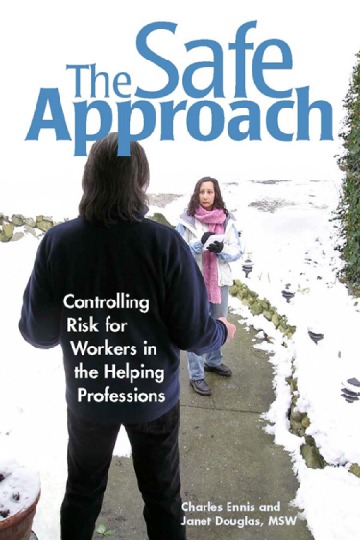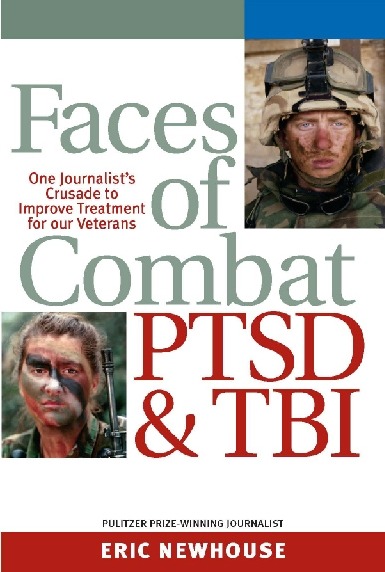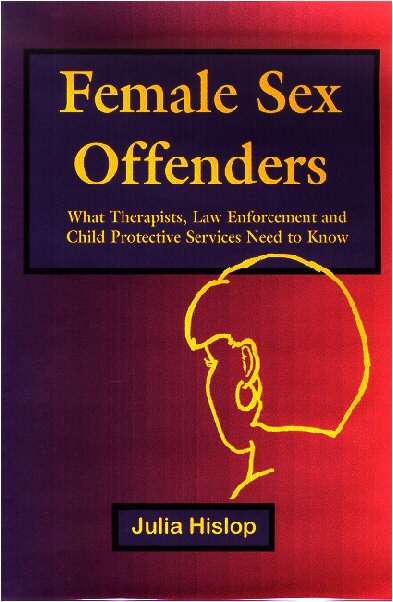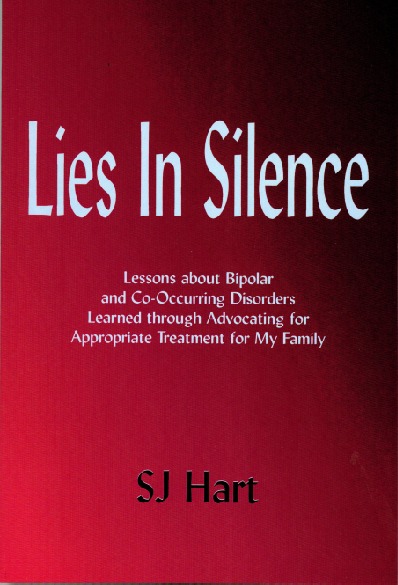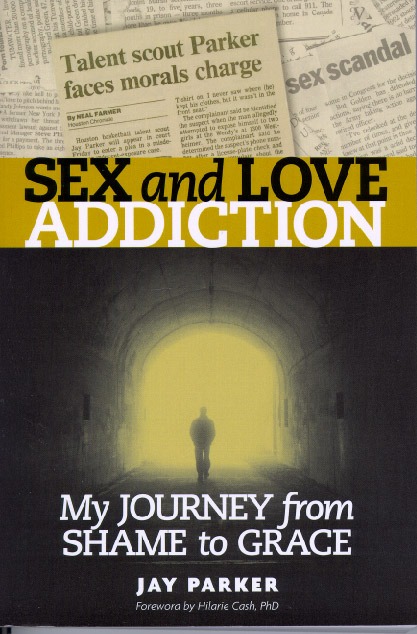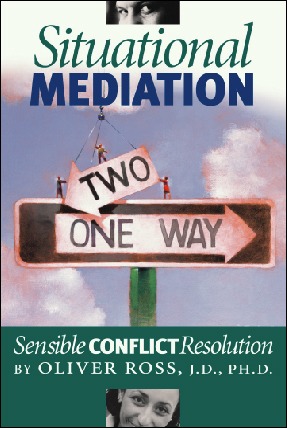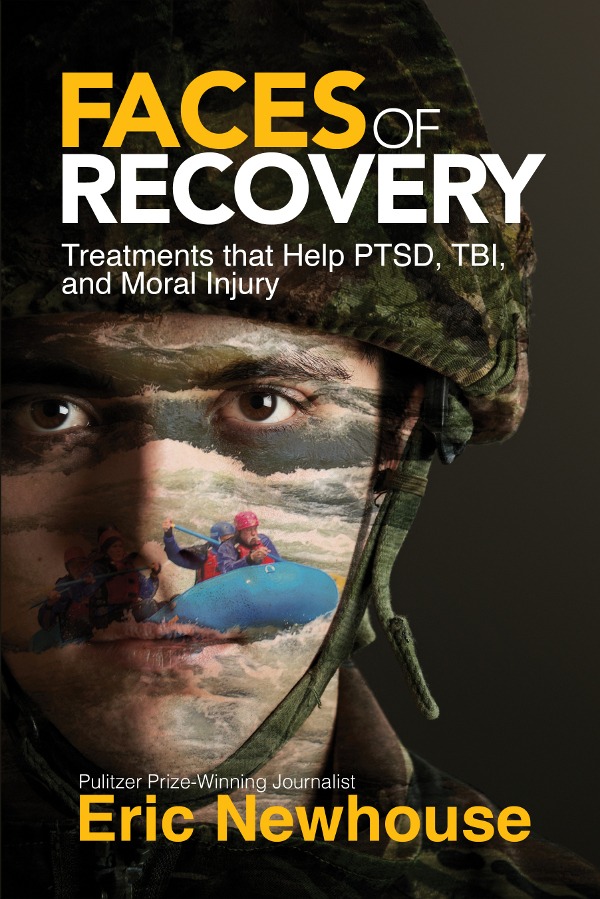
Faces of Recovery continues the report on how millions of American soldiers have faced the ultimate dilemma: kill the enemy or risk being killed yourself. As documented in Eric Newhouse’s earlier book, Faces of Combat, PTSD & TBI, each choice traumatizes the brain. The trauma is cumulative — prolonged combat increases emotional and physical injury.
This book also introduces a newly discovered complication, moral injury. It occurs when soldiers are ordered into a conflict they cannot morally justify, yet are forced to kill others to stay alive themselves. It happens when soldiers feel their chain of command has betrayed or abandoned them. It can also occur when a soldier has violated their own moral code, for example by killing civilians to avenge the death of friends, or when they fail to protect the buddies who have been watching their backs.
Faces of Recovery looks at the personal steps each veteran must take to feel accepted again in society. These include forgiveness, making atonement, self-forgiveness, and physical exercise to help the brain reduce depression and anxiety.
Eric Newhouse has been a reporter, correspondent and bureau chief for The Associated Press, and the projects editor for the Great Falls, Montana, Tribune. He won a Pulitzer Prize in 2000 for a 12-part series of stories on alcoholism.
For more information about the ongoing crusade to get appropriate treatment for combat veterans see the website FacesOfCombat.US.
More information about Eric Newhouse is available on EricNewhouse.com.
